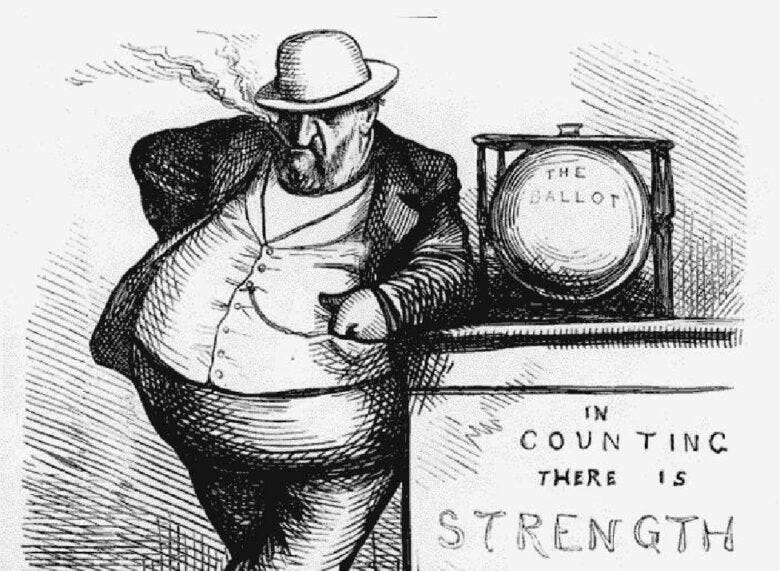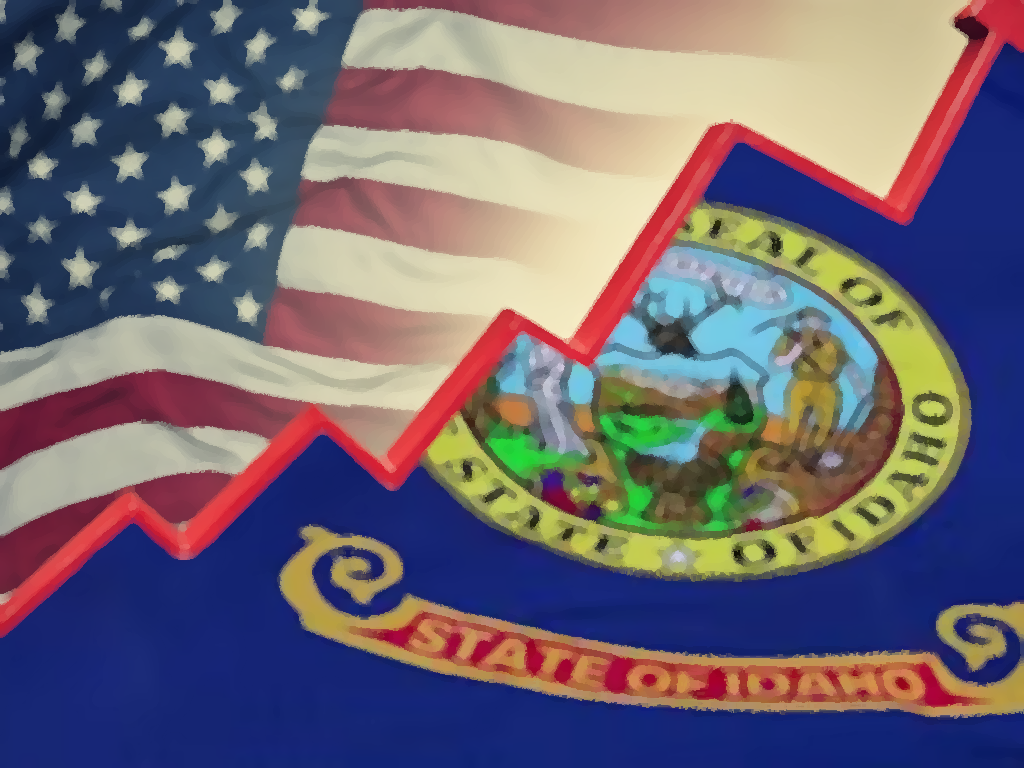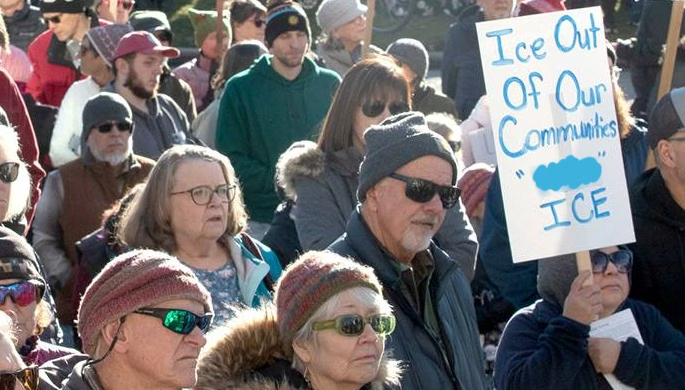Earlier this week I helped moderate a discussion on Twitter with Todd Corsetti, who is running for Congress in Idaho’s 2nd congressional district on the Libertarian Party ticket. I live just west of the line in the 1st district, so I have no direct say in whether or not Cong. Mike Simpson will be reelected for a 14th term in the House of Representatives. The discussion was interesting in that it pitted a libertarian view of economics against Simpson’s record as a master appropriator.
Corsetti said that the only way to keep our country from going off the fiscal cliff is to explain to voters that we need to dramatically cut spending and reduce the size and scope of government. That’s been a pretty common position among Republicans ever since I’ve been around, as well as Libertarians, but the government keeps growing and our national debt now tops $35 trillion. What’s going on?
It’s true that something that can’t go on forever won’t. Something has to eventually give. However, it has not given yet. Fiscal conservatives and Austrian economists have been warning about our mounting debt for decades, yet America still chugs along. That doesn’t mean it always will, yet it does inculcate a sense in the average voter that such doomsayers are Chicken Littles who can be safely ignored.
This leads to elections in which fiscal conservatives who tell voters that we must scale back government and drastically cut spending inevitably lose to candidates who promise to keep the gravy train flowing. Mike Simpson has built his career on such gravy, delivering federal appropriations to Idaho’s 2nd district in return for the support of his constituents. This is what is called a patronage system — a politician delivers tangible goods for his voters, who faithfully vote him back into office every two years.
America was never meant to be a patronage network in which politicians rewards their friends and punish their enemies, yet here we are. At the national level, this has been the case since the New Deal of Franklin Roosevelt. At local levels, this has been the case for even longer — New York’s Tammany Hall took care of citizens, especially new immigrants, who then kept its leaders in power for nearly a century. Patronage has been the norm in most political systems throughout history. One of the purposes of the American Experiment was to see if we could get away from such basic tribal politics.

There is no political will to control spending and rein in government. The looming fiscal cliff is always just over the horizon, just out of sight, something that might happen after the next election. Meanwhile, getting elected and reelected requires delivering tangible results (often in the form of federal money) to voters. A candidate who promises austerity in the name of saving our country for our grandchildren will almost always lose, while those who keep the money flowing generally win. For every Rand Paul or Thomas Massie there are dozens, even hundreds of Mike Simpsons.
This is the part where I typically explain how we as a society can fix this problem, but I’m afraid I don’t have any easy solutions. Going door to door with copies of Hayek and Von Mises won’t do any good, because the problem isn’t intellectual. People respond to incentives, and right now our entire political system is incentivized to deliver short term spending over long term fiscal responsibility. There is no simple solution for this.
Even if we manage to overcome the propaganda and Democratic ballot stuffing and send Donald Trump back to the White House, the federal government is a lost cause with regards to debt and finances. We should focus our energies on Idaho. The Gem State is not a lost cause, not yet. Our legislators have the power to cut spending, to reduce the size and scope of government, and, most importantly, to cut off the federal funding that fritters away our state sovereignty.
There’s no reason we can’t withdraw from the federal program for free and reduced school lunches and replace it with a state-funded solution. There’s no reason we can’t withdraw from Medicaid Expansion, which provides healthcare for able-bodied working-age adults. There’s no reason to continue subsidizing childcare costs with federal tax dollars.
Of the $13.9 billion in original appropriations for fiscal year 2025, 40% is federal money. That means the federal government is supplying $5.56 billion to our state. That seems like a lot of money, but it’s a much easier hurdle to overcome than our $35 trillion national debt. Much of the federal funds coming into Idaho are for one-time Covid relief programs, and we can let those expire.
A big chunk of that money goes to Medicaid and other entitlement programs. The Legislature needs to stiffen its collective spine and put in work requirements and other guardrails for Medicaid, so it at least becomes a hand up rather than a hand out.
Despite receiving the lion’s share of media attention, the national situation is out of our control. Not so our state. You have the power to influence the direction of our state and to preserve it in safety and prosperity for our children and their children. Focus your time, money, and attention there, and we can keep Idaho a great place to live for generations to come — no matter what happens in Washington, DC.
Gem State Chronicle is a reader-supported publication. To receive new posts and support my work, consider becoming a free or paid subscriber.
About Brian Almon
Brian Almon is the Editor of the Gem State Chronicle. He also serves as Chairman of the District 14 Republican Party and is a trustee of the Eagle Public Library Board. He lives with his wife and five children in Eagle.













